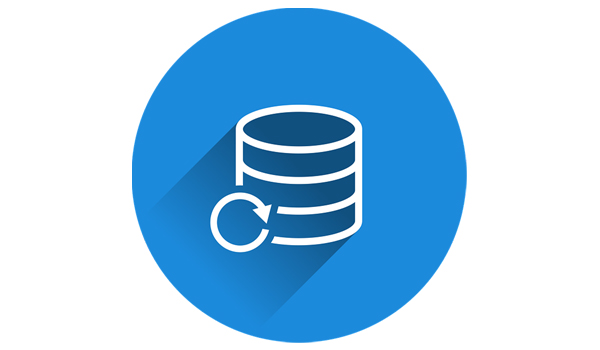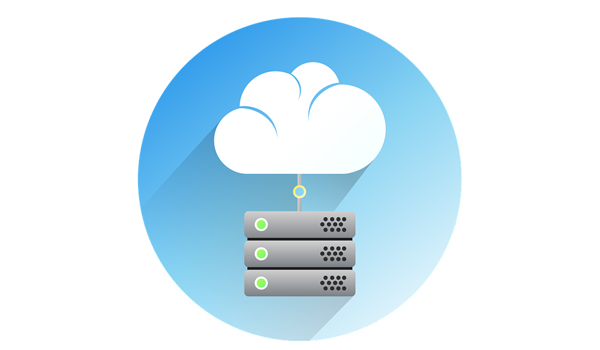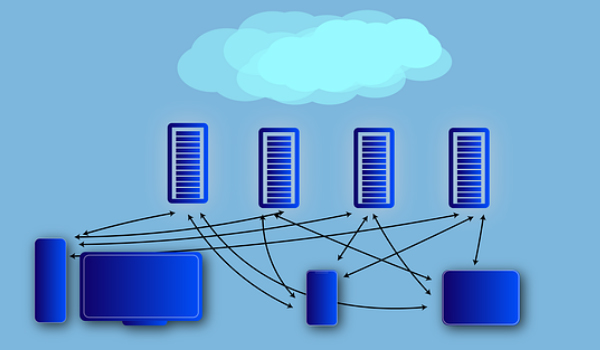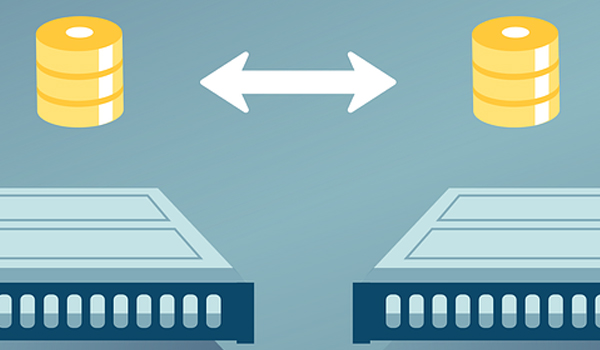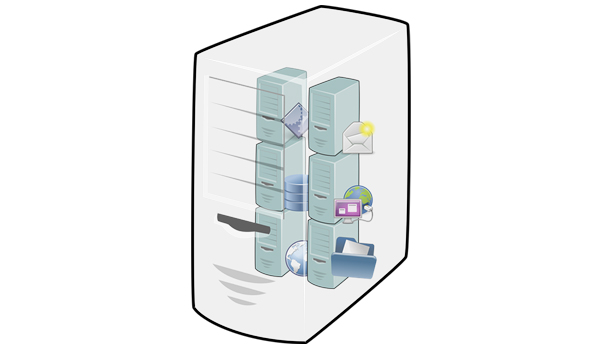Online Backup
An online backup, also called as a cloud backup, is a service in which data is copied to an off-site or cloud location.
Updated: December 12, 2023

An online backup, also called as a cloud backup, is a service in which data is copied to an off-site or cloud location.
Copies of data is stored in the cloud so that it can be retrieve in case of a system failure, natural disaster, or other event that causes data loss. Online backups are an essential part of a disaster recovery plan.
Object storage software is used by some companies to house information and object files. These software solutions work well for different file types like email, media files, or web pages and unstructured data. Online backups aren't affected by disasters that damage or ruin IT infrastructure, like fires or floods. Data accessibility, enhanced security, convenience for the team and less hardware are other key benefits of online backups.
Organizations should be aware of internet connection requirements, potential bandwidth issues, time-consuming data recovery and less control, before proceeding with online backups as part of their disaster recovery plan. Organizations should learn as much as possible about the data and their security, data protection processes, equipment, and control access before selecting an online backup provider since data moves under the supervision of an outside provider with online backups.
Teams need to schedule automatic backups, encrypt data and pair online backups with offline ones for maximum effectiveness when using this method.
Benefits of online backups
- Data Preservation
- Accessibility
- Automatic and Regular Backup
- Data Versioning
- Scalability
- Cost-Efficiency
- Redundancy and Reliability
- Automation and Simplicity
- Faster Recovery
- Security Measures
